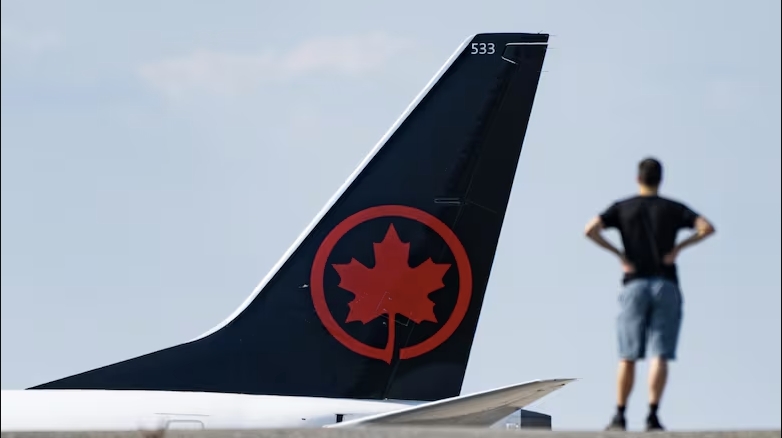Yukon Couple Awarded $10K After Air Canada Ruins Long-Awaited Vacation
Emma MacLeod
12/12/20242 min read


A Yukon couple has been awarded $10,000 by the Small Claims Court of Yukon after an overbooked Air Canada flight derailed their long-planned vacation, plunging them into a three-day ordeal spanning multiple Canadian cities with no resolution.
The court ruled that Air Canada violated the Air Passenger Protection Regulations (APPR) and subjected the couple to a “horrendous experience” filled with stress and financial loss. Justice Katherine L. McLeod said the couple was “treated shamefully” by the airline.
A Long-Planned Trip Ruined
The couple, who had saved for three years for their first vacation without their children, had planned to spend nine days at a resort in Cuba in February 2023. They had arranged child care for their three children and time off work.
Their troubles began at Toronto Pearson International Airport, where they discovered their flight to Cuba had been overbooked. Air Canada offered compensation and promised to rebook them on an American Airlines flight later that day. However, hours later, they learned the replacement flight was unavailable without explanation.
This marked the beginning of a chaotic journey. The couple was sent to Montreal, back to Toronto, and then to Edmonton, each time under the impression that a replacement flight to Cuba awaited them. None materialized.
Desperate to salvage their vacation, they purchased last-minute tickets to Cancun, Mexico, incurring additional costs and extending their time away from work.
Court’s Decision
The court found Air Canada repeatedly breached APPR rules. Specifically, the airline failed to provide written confirmation of the replacement flight before departure, as required when passengers volunteer to give up seats.
At one point, Air Canada claimed it had booked tickets for the couple on an Air Transat flight, but when the pair arrived in Montreal, Air Transat had no record of the booking. The court concluded Air Canada “failed completely” in its “duty to communicate.”
Air Canada had argued the court lacked jurisdiction to award non-compensatory damages and claimed weather-related delays further complicated the situation. The airline provided the couple with $2,400 each for denied boarding and reimbursed $1,800 for some hotel and food expenses. However, the court ruled this did not cover all their losses, including costs for new flights and lost income.
Broader Implications
One of the plaintiffs, Tosh Southwick, celebrated the decision as a landmark ruling in the fight for passenger rights, sharing her experience in a Facebook group for air passenger advocacy.
The case highlights ongoing frustrations with Canada’s air travel industry. As of November, over 80,000 passenger complaints remained unresolved with the Canadian Transportation Agency.
While proposed updates to the Air Passenger Bill of Rights aim to strengthen protections, there is no timeline for implementation.
A Call for Human Oversight
Justice McLeod criticized Air Canada’s reliance on automated booking systems, which left passengers stranded without timely assistance.
“While air travel has been advanced by computers, this case is an example of why computers cannot be the only decision maker,” McLeod wrote.
The couple’s ordeal serves as a stark reminder of the gaps in Canada’s air travel system and the need for stronger enforcement of passenger rights.
News
Stay updated with the latest BC news stories, subscribe to our newsletter today.
SUBSCRIBE
© 2025 Innovatory Labs Inc.. All rights reserved.
LINKS
